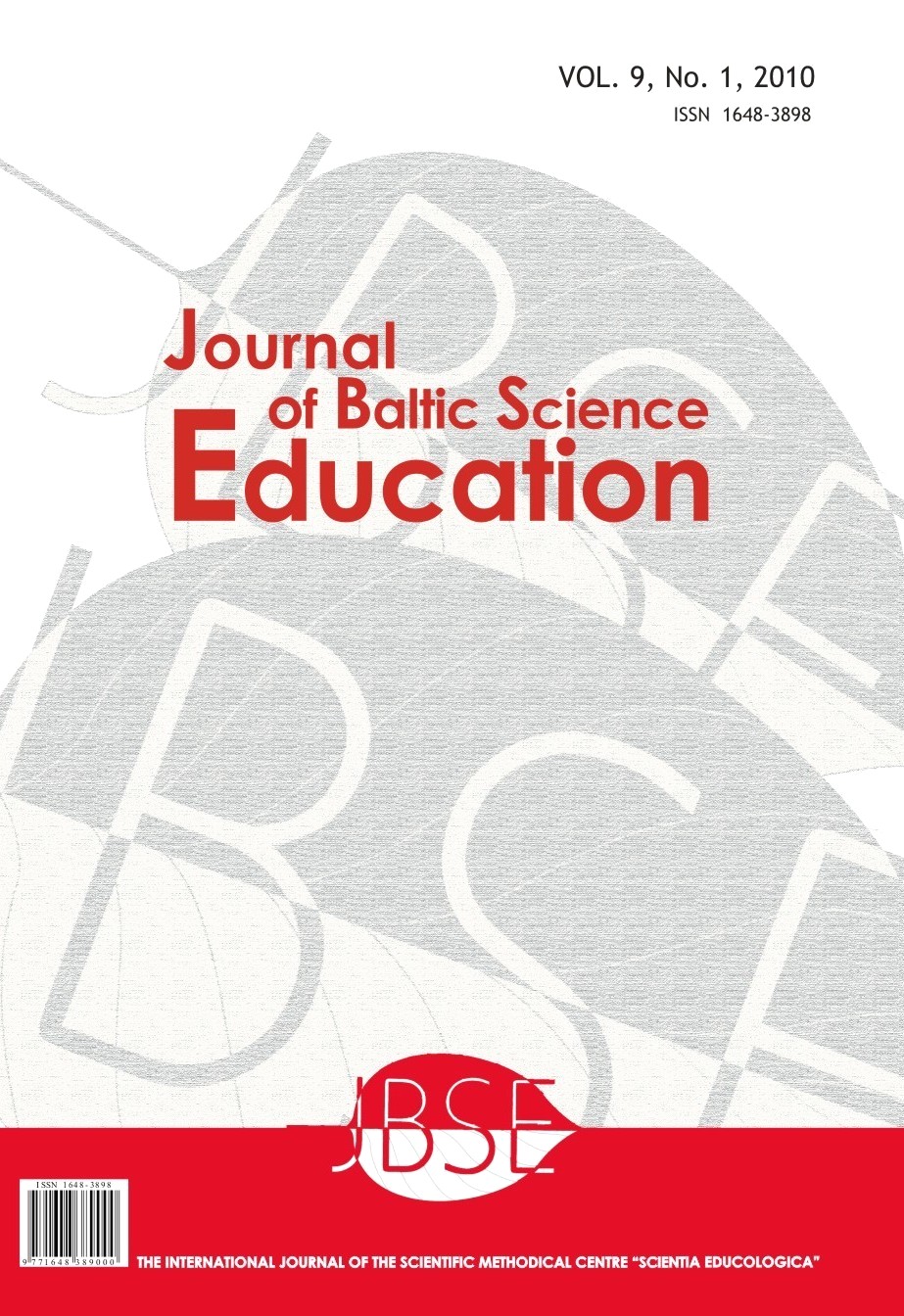INSTRUCTION OF PROBLEM SOLVING STRATEGIES: EFFECTS ON PHYSICS ACHIEVEMENT AND SELF-EFFICACY BELIEFS
INSTRUCTION OF PROBLEM SOLVING STRATEGIES: EFFECTS ON PHYSICS ACHIEVEMENT AND SELF-EFFICACY BELIEFS
Author(s): Serap Çalışkan, Gamze Sezgin Selcuk, Mustafa ErolSubject(s): Social Sciences, Education
Published by: Scientia Socialis, UAB
Keywords: problem solving; strategy instruction; physics achievement; self-efficacy beliefs;
Summary/Abstract: This study has investigated the effects of problem solving instruction on physics achievement, and physics self-efficacy beliefs in an introductory physics course at university level. In this study, pretest-posttest and quasi-experimental design with a non-equivalent control group was used. Two groups of student teachers (n=77) participated in this study. During the study, one group received problem solving strategy instruction while the control group received traditional problem solving strategies. Data was collected using the Physics Achievement Test and Physics Self-Efficacy Scale. Results indicate that strategy instruction has positive effects on physics achievement, and physics self-efficacy beliefs. On the basis of the findings, it is strongly recommended that physics instructors use explicit problem solving strategy instruction in their lessons to develop students’ problem solving skills and related outcomes such as course achievement.
Journal: Journal of Baltic Science Education
- Issue Year: 9/2010
- Issue No: 1
- Page Range: 20-34
- Page Count: 15
- Language: English

